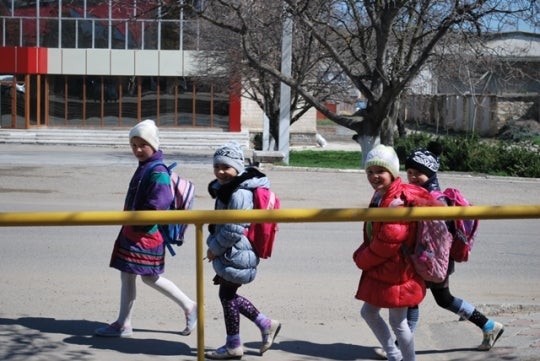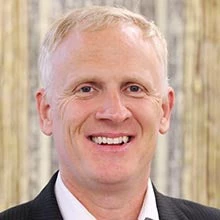
the World Bank can really make a difference here in Moldova.
100 days ago today, I relocated to Moldova from Kyrgyzstan. I’m still getting to know my new host country and still figuring my way around the office (so please don’t ask me just yet where to find the office paper-puncher). Also, if you ask me “How’s Moldova?” you will probably get the standard response, “Ask me again in six months”.
However, I can give any newcomer to Moldova one solid piece of advice: do not do what I did! Do not, on any account, read “ The Good Life Elsewhere” by Vladimir Lorchenkov. There were only two works of Moldovan fiction available in English for the Amazon Kindle and I picked the one which didn’t start on the first page with a student being kidnapped for an Italian bordello.
Big mistake!
“The Good Life Elsewhere” depicts Moldova as a derelict wasteland of despair and depravity, where human trafficking is the only form of entrepreneurship and where emigration to Italy or Russia is the only logical economic strategy. This isn’t the kind of stuff that a keen, bright-eyed, fresh-faced World Bank staffer should be reading when starting his new posting. It may be fiction, but it nevertheless troubles the proverbial “fire-in-the-belly”.
Certainly, the percentage of Moldovans reporting that “corruption is a big problem in Moldova today” has steadily risen from 53% to 81% since early 2010, the worst score in a decade. Indeed, 57% of Moldovans say that their country needs “structural and systemic change.”
And, in case any politician wished to distract attention away from domestic reforms, they would have plenty of geopolitical issues to work with. A Russian embargo on Moldovan food exports is costing 2% of GDP, while polls show that Moldovans are split right down the middle between those who favour the European Union and those who would prefer to join the Eurasian Customs Union.
With my “new kid in town” fervor and optimism, I’m of the opinion that the World Bank can really stand out and make a difference here in Moldova. The more pervasive that cynicism and geopolitics become, the more the World Bank’s technical edge and political neutrality can demonstrate their value. We can be an honest adviser to decision-makers of any persuasion.
There are already highly positive indications that life in Moldova is improving. Economic growth has been fastest for the poor, while the $5/day poverty rate has tumbled from 35% to less than 1% since 2002. And this year, Moldova’s ranking for “Doing Business” leapt 19 places.
So, I’m increasingly hopeful that the World Bank Group can help shift the conversation away from Lorchenkovite cynicism to confidence in the kind of actions that will bring good results for ordinary people.


Join the Conversation